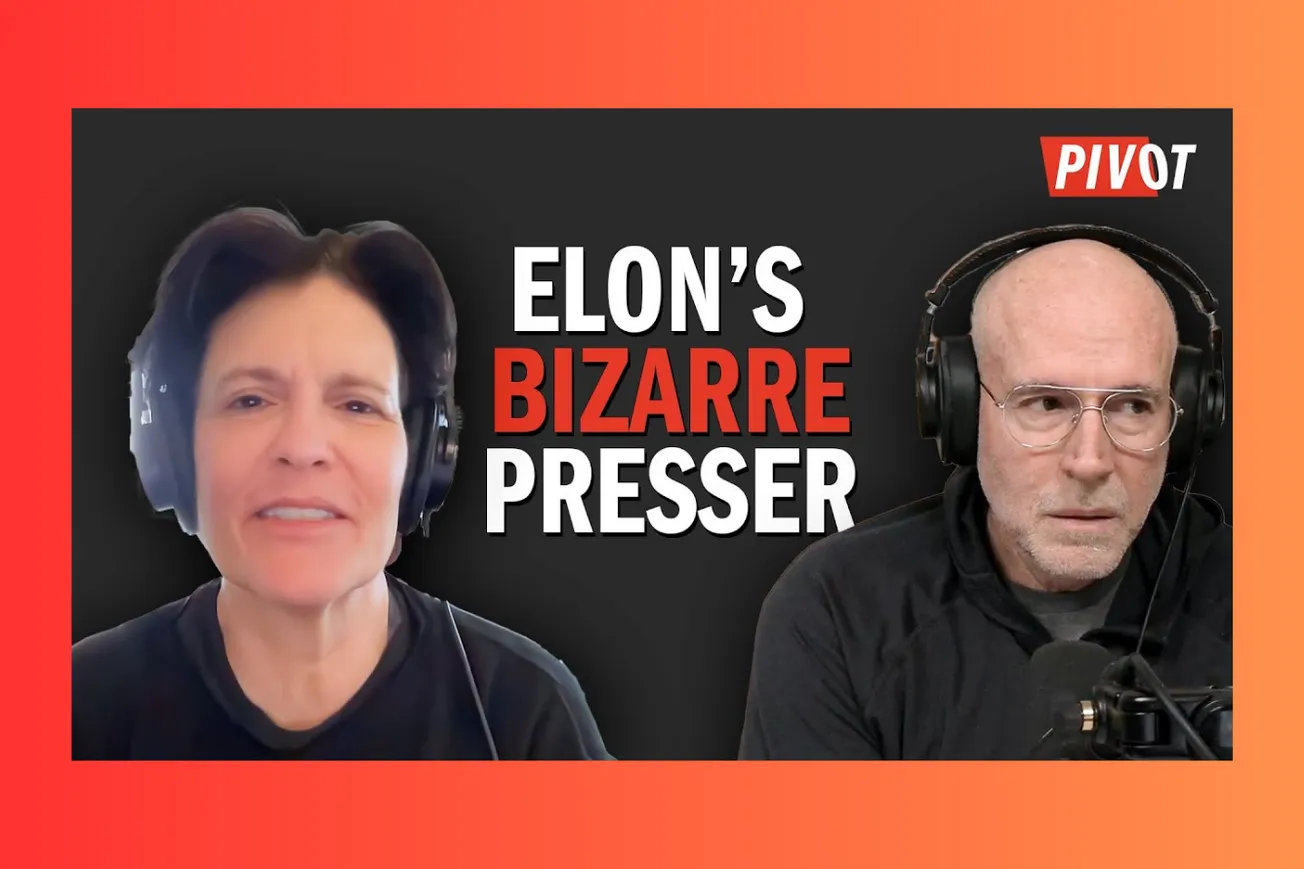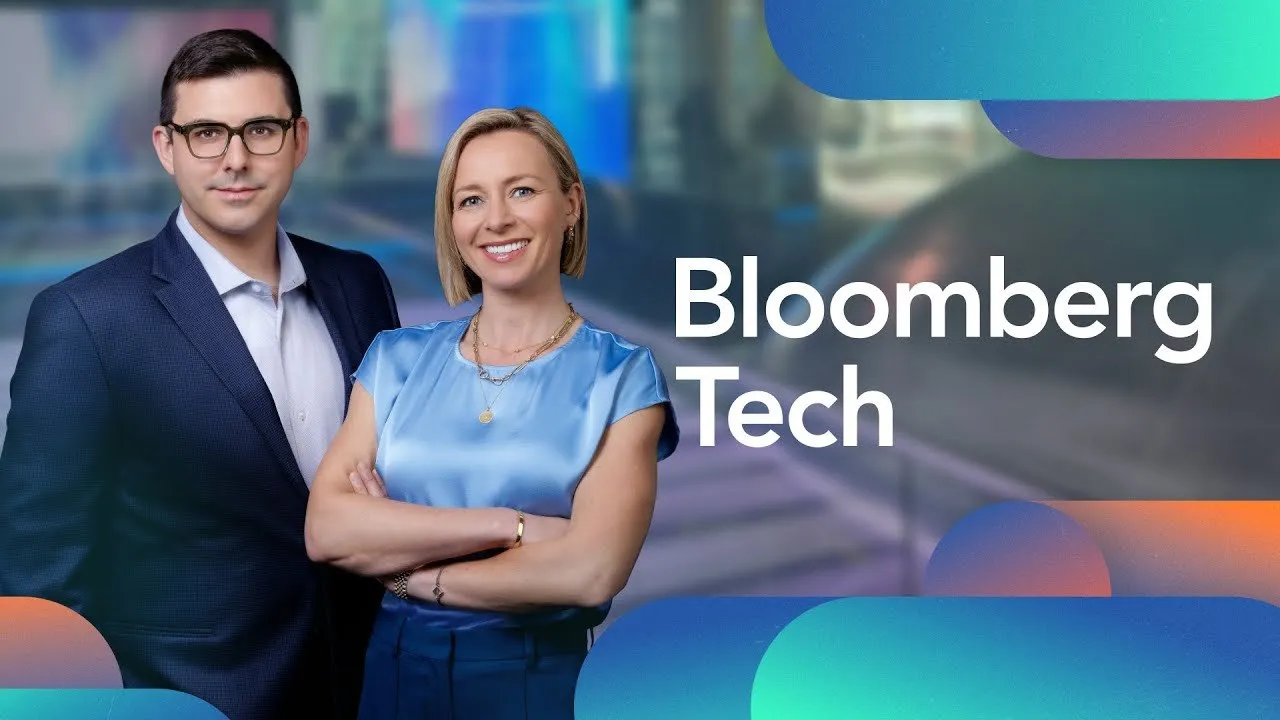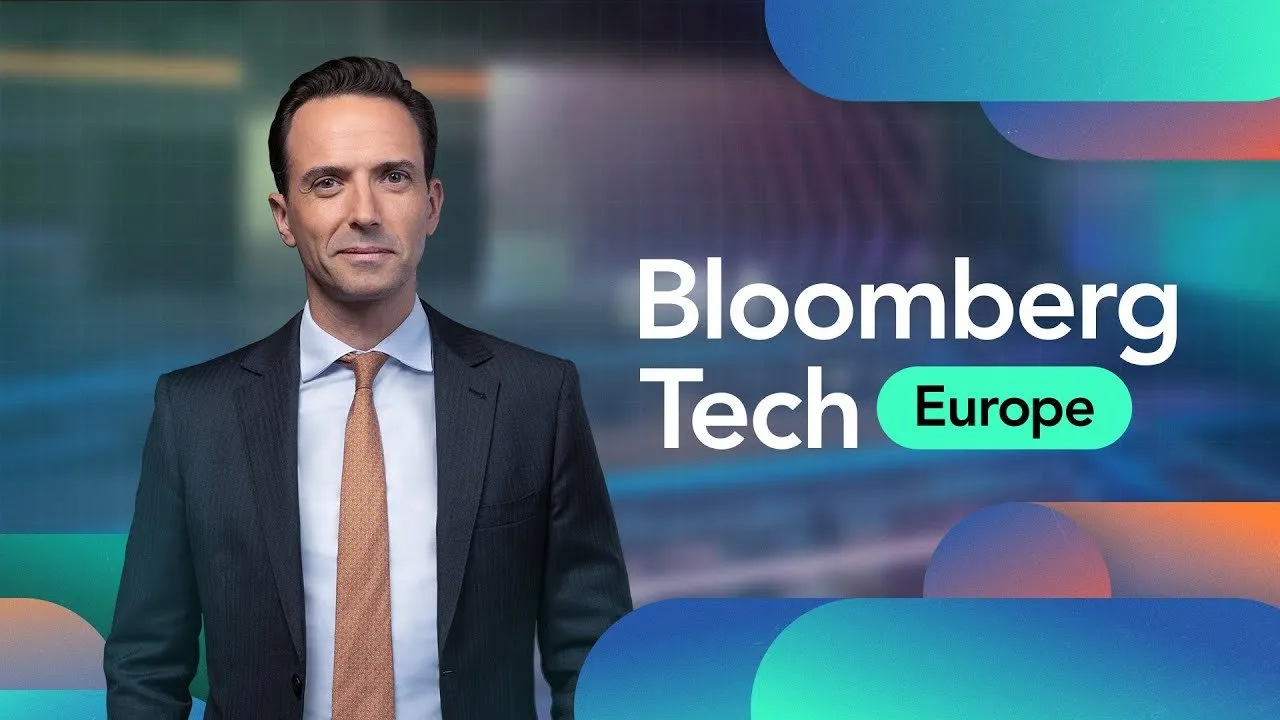Table of Contents
Political power consolidates around tech moguls as international competition intensifies across multiple fronts from Ukraine to electric vehicles.
Key Takeaways
- Trump's approach to Ukraine negotiations signals major shift toward accepting territorial concessions to Russia
- Elon Musk's unprecedented government access raises questions about conflicts of interest and policy influence
- Chinese EV manufacturer BYD threatens Tesla's market position with $10,000 vehicles versus Tesla's $30,000 entry point
- Inflation concerns persist despite Trump's campaign promises, with housing costs driving economic uncertainty
- AI competition intensifies as Musk deploys legal tactics against OpenAI while pursuing government contracts
- Political corruption scandals in Democratic strongholds damage party credibility ahead of future elections
- European markets show growing independence from US foreign policy leadership on Ukraine support
Timeline Overview
- Opening Discussion — Beverage refrigerators and home renovations set casual tone before diving into serious political analysis
- Ukraine Policy Analysis — Trump-Putin negotiations and Defense Secretary Hegseth's realistic assessment of territorial concessions
- Economic Indicators — January inflation data shows 3% increase with housing costs as primary driver
- Musk Government Integration — Oval Office appearance with child raises questions about appropriate boundaries and influence
- AI Corporate Warfare — OpenAI CEO Sam Altman's psychological assessment of Musk's motivations and legal strategies
- Global EV Competition — Chinese manufacturer BYD's price advantage threatens Tesla's market position worldwide
Foreign Policy Realpolitik and Ukraine's Future
The Trump administration's approach to ending the Ukraine conflict represents a fundamental shift in American foreign policy expectations. Defense Secretary Pete Hegseth's assessment reflects cold realpolitik rather than idealistic democratic principles.
- Hegseth explicitly stated that "returning to Ukraine's pre-24 borders is an unrealistic objective," signaling acceptance of Russian territorial gains
- NATO membership for Ukraine has been removed from consideration, despite Ukrainian aspirations for Western integration
- European Union nations may diverge from US policy, having dramatically increased military spending since Russia's invasion
- Putin's strategy of accepting massive casualties while inflicting devastation appears to have achieved territorial objectives
- Ukraine's innovative drone warfare capabilities demonstrate technological adaptation under extreme pressure
- China benefits significantly from continued conflict through discounted Russian oil purchases and reduced Western focus on Asia-Pacific competition
The implications extend beyond Ukraine's borders. European allies face a choice between following American pragmatism or maintaining principled opposition to territorial conquest through warfare. Historical parallels to 1930s appeasement policies emerge when democratic nations accommodate authoritarian expansion.
Scott Galloway noted the strategic contradiction: "You negotiate from a position of strength and when you start off with this type of rhetoric you're basically this could have been written by the Russians." This observation highlights how premature concessions undermine negotiating leverage before talks begin.
Economic Pressures and Housing Crisis Solutions
January's inflation data reveals persistent economic challenges despite political promises of immediate relief. The 3% inflation rate, driven primarily by housing costs, exposes structural problems requiring long-term solutions rather than quick fixes.
- Housing costs including hotels and motels rose 4% in a single month, indicating severe supply constraints
- Egg prices increased 53% year-over-year due to avian flu, demonstrating how external shocks amplify food inflation
- Federal Reserve Chair Jerome Powell signals continued monetary tightening may be necessary to combat inflation
- Trump's campaign promises of immediate price reductions face reality of complex economic forces beyond presidential control
- Regional housing permit restrictions by existing homeowners create artificial scarcity benefiting current property owners
- Tax subsidies for housing construction could replicate the CHIPS Act's success in semiconductor manufacturing
The housing crisis particularly impacts young Americans' ability to form households and build wealth. Historical patterns show homeownership serves as both financial investment and relationship commitment mechanism. Current prices exclude entire generations from this traditional path to middle-class stability.
Democratic Party responses should focus on forward-looking solutions rather than defensive messaging about past performance. Dramatic increases in housing supply through federal incentives could address both economic inequality and political messaging challenges.
Musk's Unprecedented Government Integration
Elon Musk's appearance in the Oval Office with his young child represents an extraordinary breach of traditional government protocols. The visual symbolism of casual dress and family presence suggests unprecedented personal access to presidential decision-making.
- Musk speaks with Trump "almost daily" according to his own statements, indicating influence beyond formal advisory roles
- Department of Government Efficiency (DOGE) receives expanded authority over federal hiring decisions across all agencies
- One-for-four hiring restrictions mean agencies can only hire one employee for every four departures
- Inspector General investigations into Musk's business conflicts have been terminated following his government integration
- Federal procurement includes $400 million in armored Tesla vehicles, raising questions about preferential treatment
- Child's presence in high-security government meetings violates traditional protocols for both security and propriety
The broader implications concern democratic governance principles. When private business interests gain direct access to policy formation, the distinction between public service and personal enrichment becomes dangerously blurred.
Critics argue Musk represents "one of the biggest welfare queens in history" given his companies' dependence on government contracts and subsidies. His current position allows influence over the very agencies that regulate and fund his enterprises.
AI War and Corporate Legal Strategies
The battle between OpenAI and Elon Musk escalated dramatically with competing lawsuits and acquisition attempts that appear designed to disrupt rather than genuinely transact business.
- Musk's $100 billion bid for OpenAI contradicts his previous lawsuit claims about the company's profit motivations
- OpenAI CEO Sam Altman assessed Musk's psychology: "probably his whole life is from a position of insecurity I feel for the guy"
- SoftBank analysts questioned the logic of proposed $300 billion OpenAI investment during earnings calls
- Legal tactics aim to slow OpenAI's development while Musk's xAI develops competing capabilities
- Nonprofit governance structure provides OpenAI protection from hostile takeover attempts unlike Twitter's forced sale
- Federal investigations into Musk's activities have been curtailed since his government integration
The competitive dynamics reveal how legal warfare supplements technological development in AI advancement. Musk's strategy combines litigation, acquisition threats, and government influence to constrain competitors while advancing his own AI ventures.
Altman's psychological assessment, while potentially unprofessional, reflects frustration with tactics that prioritize disruption over innovation. The broader AI industry watches these battles closely as they may establish precedents for future corporate competition.
Chinese EV Dominance and Manufacturing Revolution
BYD's emergence as the world's largest EV manufacturer threatens Tesla's market position through dramatic cost advantages and manufacturing innovation. The price differential represents a fundamental shift in global automotive competition.
- BYD vehicles cost $10,000 compared to Tesla's $30,000 entry-level model, making electric transportation accessible to broader markets
- Tesla's European sales declined 16% year-over-year in January, with 60% monthly decrease from December levels
- Chinese manufacturing capabilities combine cost efficiency with technological innovation rather than simple imitation
- Deep Seek technology integration provides advanced driver assistance systems at unprecedented price points
- Tesla's brand appeal diminishes among environmentally conscious consumers due to Musk's political associations
- Autonomous vehicle licensing in China becomes crucial for Tesla's future competitiveness
The broader implications extend beyond automotive markets. Chinese companies demonstrate ability to compete through innovation rather than merely copying Western designs. The combination of manufacturing scale, technological capability, and cost efficiency challenges American assumptions about permanent technological leadership.
Alice Han, Chinese economist, observed that Tesla's continued presence in China "surprises me somewhat given its price point and the fact that all these companies including Tesla have had to cut prices over the last few years because of the extremely competitive price war landscape."
European and American consumers increasingly view Chinese EVs as viable alternatives to established brands. Safety certifications and regulatory approval represent the primary remaining barriers to massive market penetration.
Democratic Party Corruption and Brand Damage
Mayor Eric Adams' apparent deal with the Trump administration to avoid prosecution in exchange for immigration enforcement cooperation represents a devastating blow to Democratic credibility in urban governance.
- Federal prosecution efforts against Adams appear to have been dropped following his cooperation with ICE deportation activities
- Democratic-controlled West Coast cities face criticism for deteriorating quality of life and ineffective drug policy responses
- New York City's success as a Democratic governance model becomes threatened by corruption scandals
- Governor Kathy Hochul possesses authority to remove Adams but has not yet acted decisively
- Progressive candidate field lacks pragmatic alternatives with sufficient name recognition for mayoral elections
- Former Governor Andrew Cuomo's potential return represents establishment Democrats' limited options
The political damage extends beyond New York's borders. Democratic messaging about good governance and rule of law becomes compromised when party leaders engage in obvious corruption. Republican critics gain ammunition for attacks on Democratic urban management.
Successful Democratic cities like New York previously served as counterexamples to failed governance in places like San Francisco and Portland. Adams' corruption undermines this narrative and provides Republicans with evidence that Democratic leadership fails regardless of local conditions.
Common Questions
Q: How does Musk's government role affect his business interests?
A: His companies receive federal contracts while regulations and investigations disappear, creating unprecedented conflicts of interest.
Q: Why can Chinese EVs cost so much less than Tesla?
A: Advanced manufacturing, government support, and innovative supply chains enable dramatic cost reductions without sacrificing quality.
Q: Will Trump's Ukraine policy succeed in ending the war?
A: Territorial concessions may stop fighting temporarily but could encourage future aggression by rewarding military conquest.
Q: How do housing costs drive broader inflation concerns?
A: Shelter represents the largest expense category for most Americans, making housing price increases a primary inflation driver.
Q: What makes Mayor Adams' corruption particularly damaging to Democrats?
A: Trading prosecution immunity for immigration enforcement cooperation undermines party principles on both rule of law and immigrant rights.
Trump's power consolidation around tech industry allies fundamentally alters traditional government-business relationships. Democratic opposition requires substantive policy alternatives rather than reactive criticism to remain politically viable.





